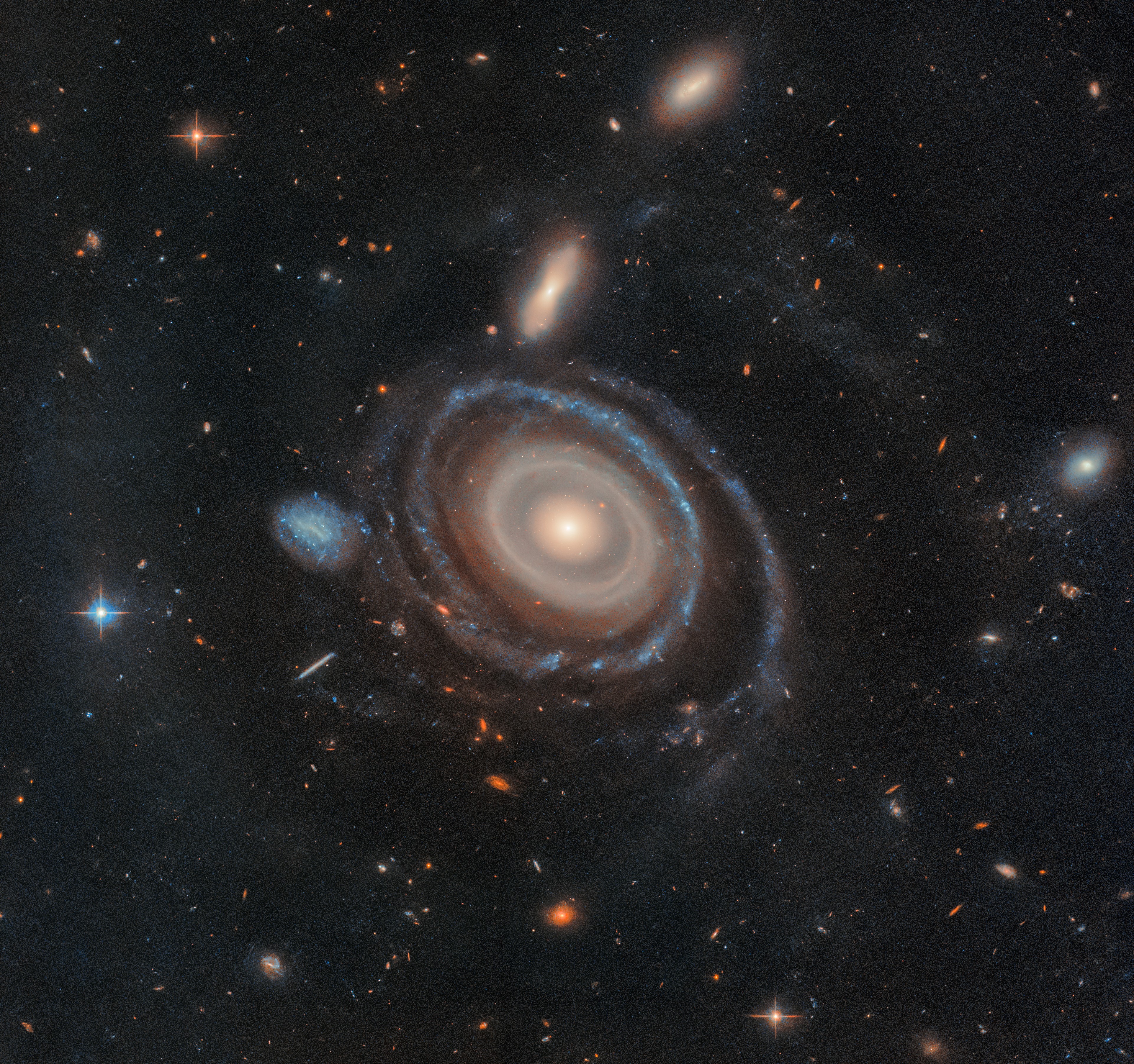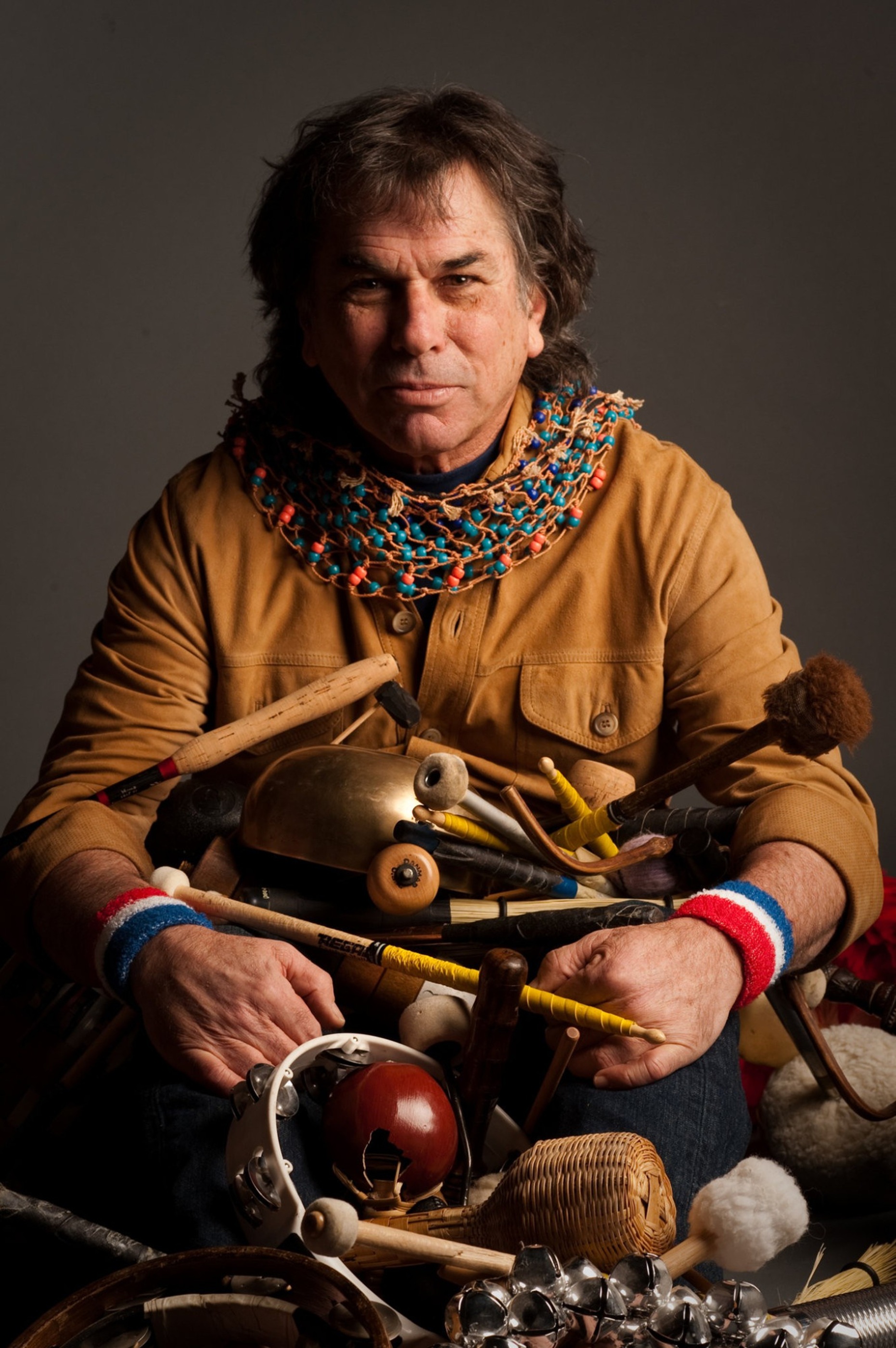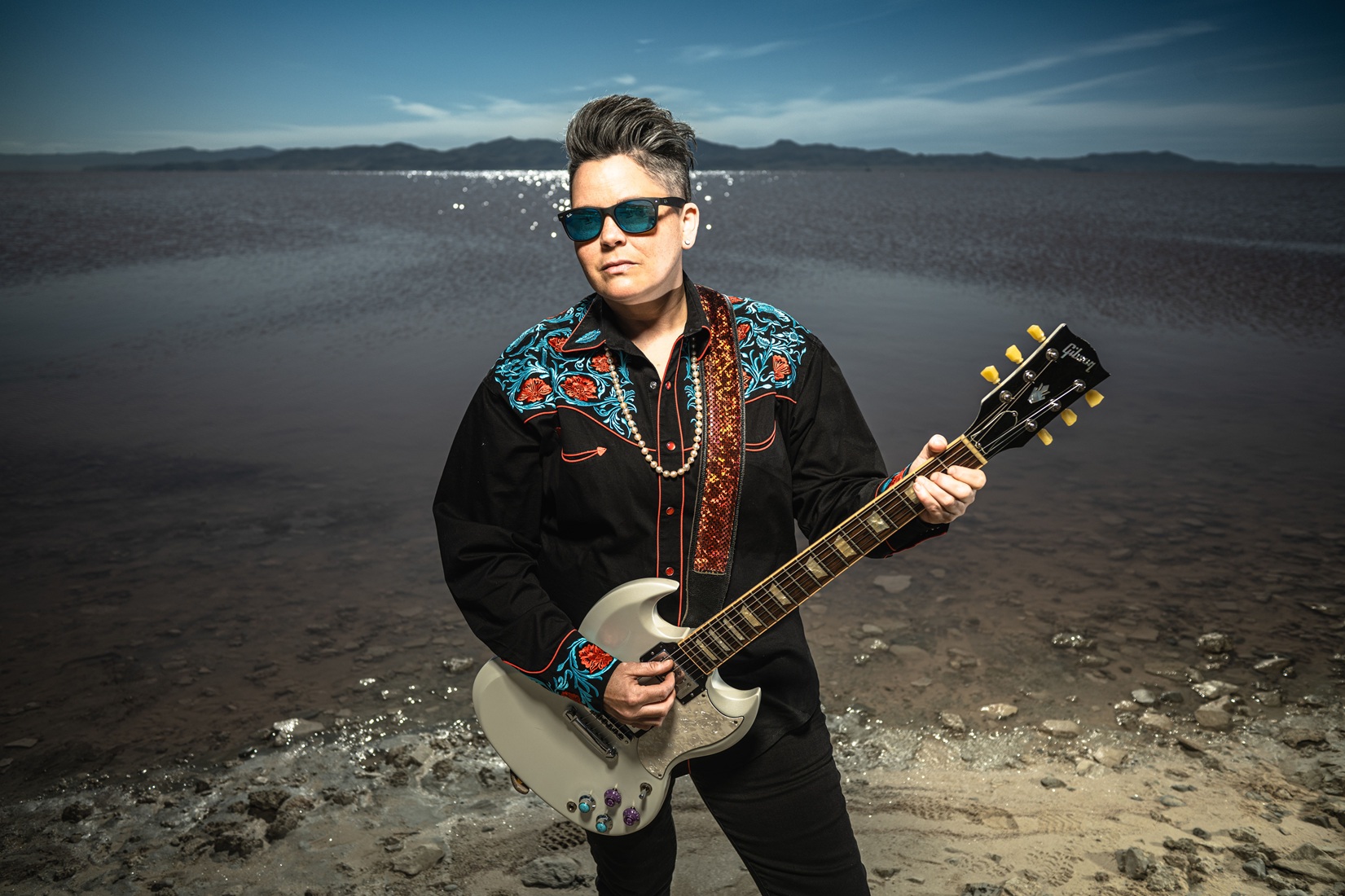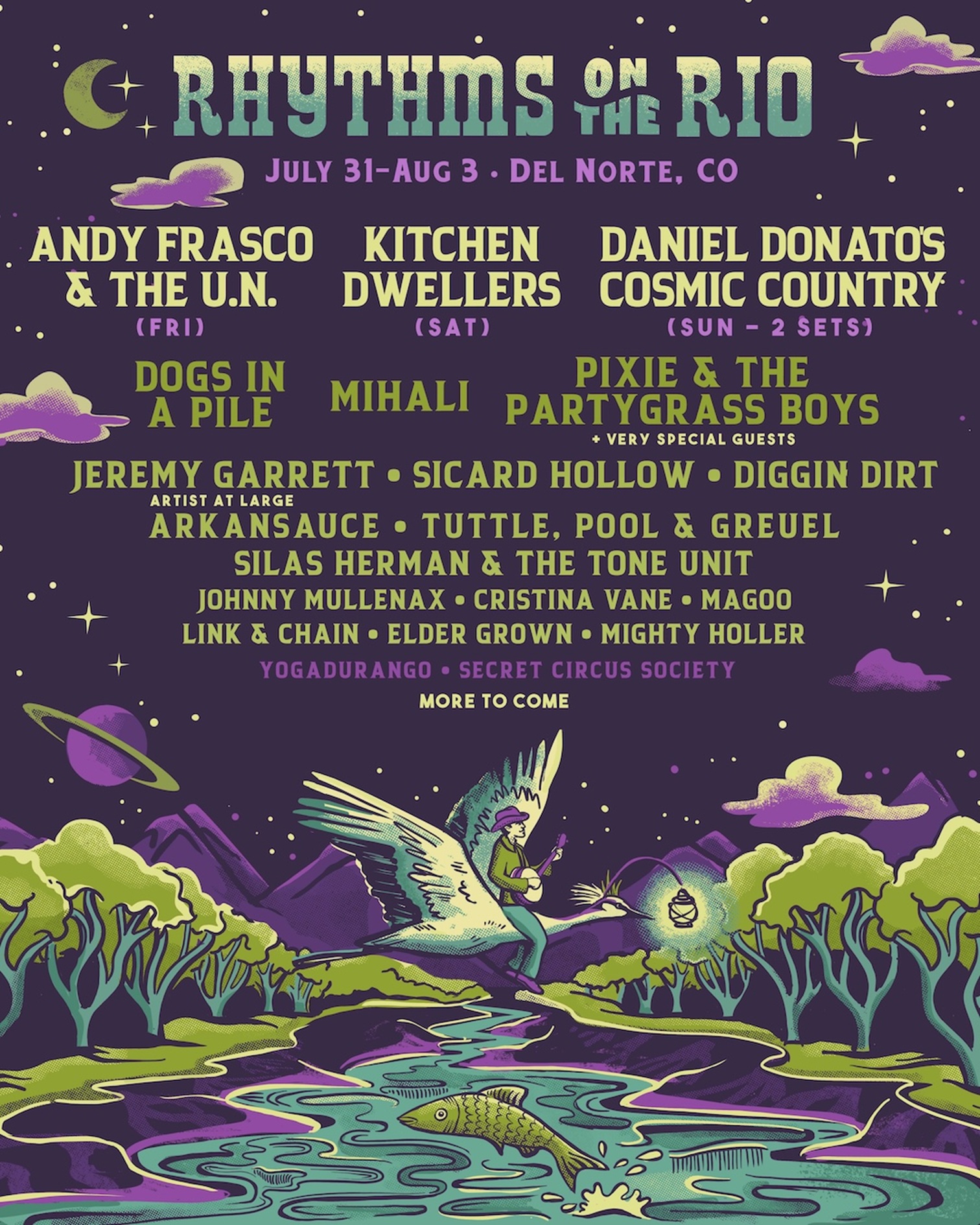Across the vast expanse of our universe, as revealed by telescopes like the James Webb and its discoveries of massive galaxies dwarfing our own, we’re reminded that humanity occupies just a tiny corner of an unimaginably vast cosmos. Yet, for millennia, religion has confined itself—and millions of believers—to narrowly defined stories originating from small geographical regions, ultimately dismissing or overshadowing the profound scientific truths that continuously reshape our understanding of reality. In light of overwhelming evidence of evolution—fossil records, genetic research, and countless observations of natural processes—it becomes increasingly untenable to cling to the notion that humans are somehow set apart from other animals. We, too, gestate, give birth, nurse, and perform all the basic bodily functions that characterize life on this planet. Furthermore, foundational religious claims—such as virgin births or omnipotent deities—stand in direct opposition to logical inquiry and the scientific method.
Time and time again, religious fervor has not only stunted social progress but fueled conflict, war, and suffering, often wielded as a weapon to enforce dogma. In an era when climate change threatens our planet’s future and countless species face extinction, it is more critical than ever for humanity to abandon divisive, archaic doctrines and unify under the banner of science, empathy, and collaboration. Only then can we come together, not as factions of differing faiths, but as a global community committed to preserving life on Earth and advancing our collective understanding of this awe-inspiring universe.






















